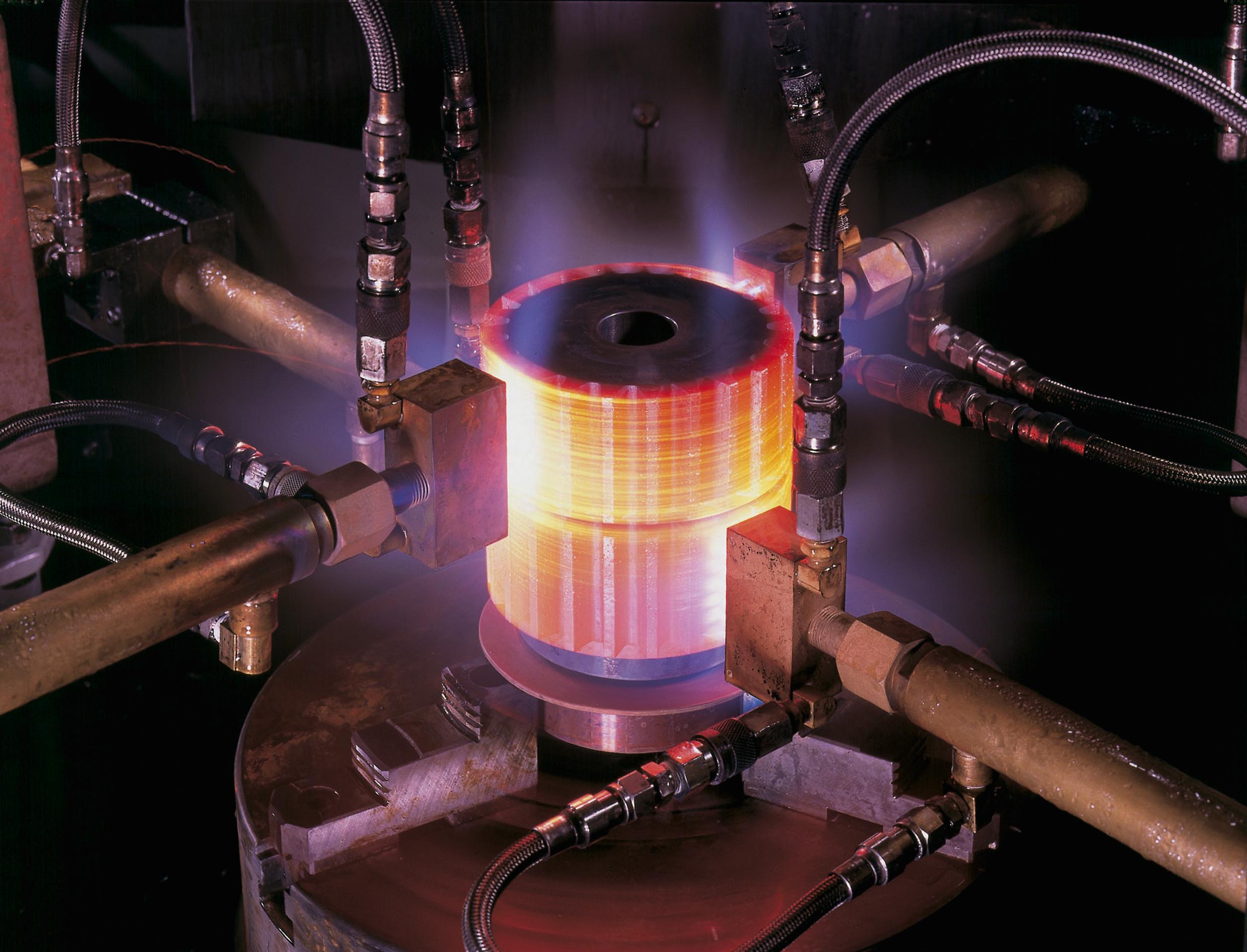Get A Quote
BIS Certification for Flame And Induction Hardening Steels IS 3930: 1994

BIS Certification
for Flame and Induction Hardening Steels IS 3930: 1994 assures that steel
products fulfil the highest quality requirements for flame and induction
hardening operations. This certification ensures that the steel is strong,
resistant to wear, and works effectively in demanding situations.
Obtaining BIS Certification for Flame and Induction Hardening Steels IS 3930: 1994 assures that the product meets Indian safety and quality standards, making it suitable for industrial usage. It enables enterprises to improve product credibility and obtain a competitive advantage in the market.
The BIS
Certification for Flame and Induction Hardening Steels IS 3930: 1994 ensures
the quality and safety of steels used in flame and induction hardening
operations. Under the Steel and Steel Products (Quality Control) Order, 2024,
this certification assists producers in meeting demanding criteria for product
durability, performance, and dependability. BIS Certification for Flame and
Induction Hardening Steels IS 3930: 1994 assures national regulatory
conformity, increases product credibility and market acceptability, and
protects consumer interests and industrial uses. This accreditation helps to
improve product quality and industry standards.
Why is BIS certification necessary for Flame And Induction
Hardening Steels IS 3930: 1994?
BIS certification is essential for Flame and Induction Hardening Steels IS 3930: 1994 because it guarantees conformity with Indian safety and quality requirements. This certification ensures that steel goods satisfy the essential performance standards, hence increasing their dependability and longevity. It also guarantees that producers follow severe quality control procedures, which are critical for sustaining industry standards. Expert advice assists firms in obtaining BIS certification for Flame and Induction Hardening Steels IS 3930: 1994 by guiding them through the procedure promptly and accurately.
Overview of Indian Standard IS 3930: 1994
The Indian Standard IS 3930: 1994 provides the
specifications for flame and induction hardening steels used in the manufacture
of mechanical components. The standard specifies the chemical composition,
mechanical qualities, and heat treatment techniques necessary to assure the
quality, durability, and performance of steels. This standard is critical for
manufacturers to follow in order to fulfil industry requirements and maintain
product dependability. Compliance with IS 3930: 1994 is required to achieve BIS
certification for Flame and Induction Hardening Steels, which ensures that the
product satisfies the Bureau of Indian criteria' safety and quality criteria.
BIS Certification for Flame and Induction Hardening Steels IS 3930: 1994
certifies that the steel products fulfil the quality and safety requirements
for use in a variety of mechanical applications.
Process for BIS Certification
The BIS
certification process for Flame And Induction
Hardening Steels IS 3930: 1994, involves multiple steps designed to thoroughly
evaluate a product's compliance with the required standards. Here is a general
overview of the certification process:
1. Application Submission: Manufacturers must submit an application form
along with the required documentation to BIS.
2. Documentation Review: BIS reviews the submitted documents to ensure
completeness and correctness.
3. Factory Inspection: BIS officials conduct an on-site inspection of
the manufacturing facility to assess the production process and quality control
measures.
4. Sample Testing: Product samples are taken and tested in BIS-approved
laboratories to verify compliance with Indian standards.
5. Certification Grant: Upon successful completion of the inspection and
testing, BIS grants certification, allowing the manufacturer to use the BIS
mark on their products.
Documents Required for BIS Certification
To apply for BIS certification, manufacturers need to submit the following documents:
● Application form
● Manufacturing process details
● Quality control plan
● Test reports from BIS-approved laboratories
● Factory layout and equipment details
● Proof of business registration
● Product specifications and technical details
● Declaration of conformity to Indian standards
Additionally, manufacturers may be required to provide proof of compliance with environmental and safety regulations, depending on the specific type of product being certified.
BIS ISI Mark Certification Costing And Timeline
To Know The Process in Detail, Please Visit:
Under BIS Registration Products ISI and CRS
Conclusion
In conclusion, getting BIS Certification for Flame
and Induction Hardening Steels IS 3930: 1994 assures that producers adhere to
strict quality and safety criteria for these specialised steels. This
accreditation gives industry recognition, increasing product credibility and
trustworthiness in the market. It also guarantees that the items satisfy the
required technical criteria, which increases consumer confidence. As a trusted
partner, EVTL India provides experienced advisory services to help businesses
navigate the full BIS certification process for Flame and Induction Hardening
Steels IS 3930: 1994. Businesses may easily manage regulatory requirements and
achieve compliance by employing our in-depth understanding of the certification
process. Choosing EVTL India for BIS Certification for Flame and Induction
Hardening Steels IS 3930: 1994 ensures a smooth process, from documentation to
final certification, guaranteeing that your product satisfies the highest
industry requirements. Allow EVTL India to assist you in getting BIS
certification and position your business for long-term success.
Free Call Back
Latest News & Update
📅 BIS Critical Component List (CCL) Updates for Solar PV Modules
🕒 BIS Fee Concessions for MSMEs and Startups | EVTL India
📅 Guidelines for Implementation of Essential Requirements for Security of CCTV
🕒 Omnibus Technical Regulation (OTR) Amendment Order, 2025
🕒 Extension of Timeline for Filing Annual Returns by Battery Producers
📅 Extension of Timeline for Filing Quarterly and Annual Returns for E-Waste
🕒 Extension of Concurrent Running Period for IS 302-1: 2008 and IS 302 (Part 1): 2024
🕒 BIS Guidelines for Grant of Licence (GoL) | EVTL India
📅 CPCB Guidance on filing of Application, Fees and more
🕒 CPCB Notification on Labelling of Plastic Packaging
📅 Mandatory Compliance for Input Materials of Steel and Steel Products for Imports
🕒 BIS Guidelines for Scheme-X Certification for OTR-Regulated Products
📅 BIS Upgrades Product Certification License Numbers to 10-Digit Series
🕒 BIS Certification No Longer Mandatory for 14 Chemical & Polymer Categories
Why Choose EVTL INDIA
Expertise in Indian Regulatory Standards
End-to-End Support
Trusted by Top Indian & Global Brands
Fast Processing & Transparent Pricing
Strong Liaison with Indian Authorities
Company Profile














